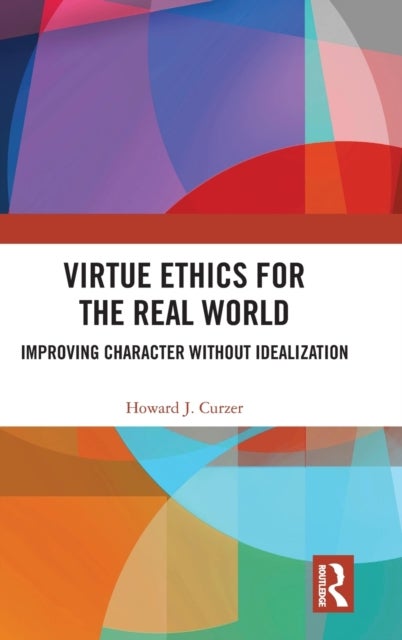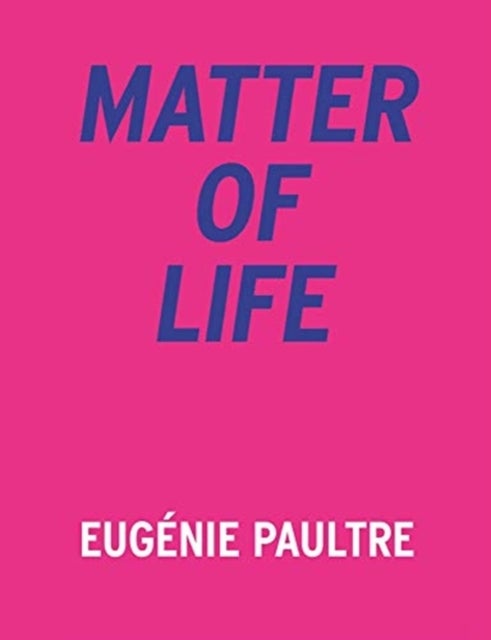
Virtue Ethics for the Real World av Howard J. Curzer
1629,-
<P>In <I>Virtue Ethics for the Real World: Improving Character without Idealization</I>, Howard J. Curzer argues that character ideals seduce virtue ethicists into counterintuitive claims, mislead and psychologically harm people seeking to improve their characters, and sometimes become tools for exploitation. Curzer offers a theory of Aristotelian virtue ethics that eschews idealization and that harmonizes with common sense. To explain the many dilemmas of ordinary life, he allows that different virtues sometimes enjoin incompatible actions and even enjoin actions that conflict with duty. Curzer defends the doctrine of the mean, arguing that idealized traits such as unilateral forgiveness, universal civility, unconditional commitments, and unlimited generosity are not virtues. He shows that the reciprocity of virtues doctrine depends upon idealization and rejects it. </P><P>When undergirding his theory, Curzer wears several hats. He is a eudaimonist when grounding virtue, a constructiv








